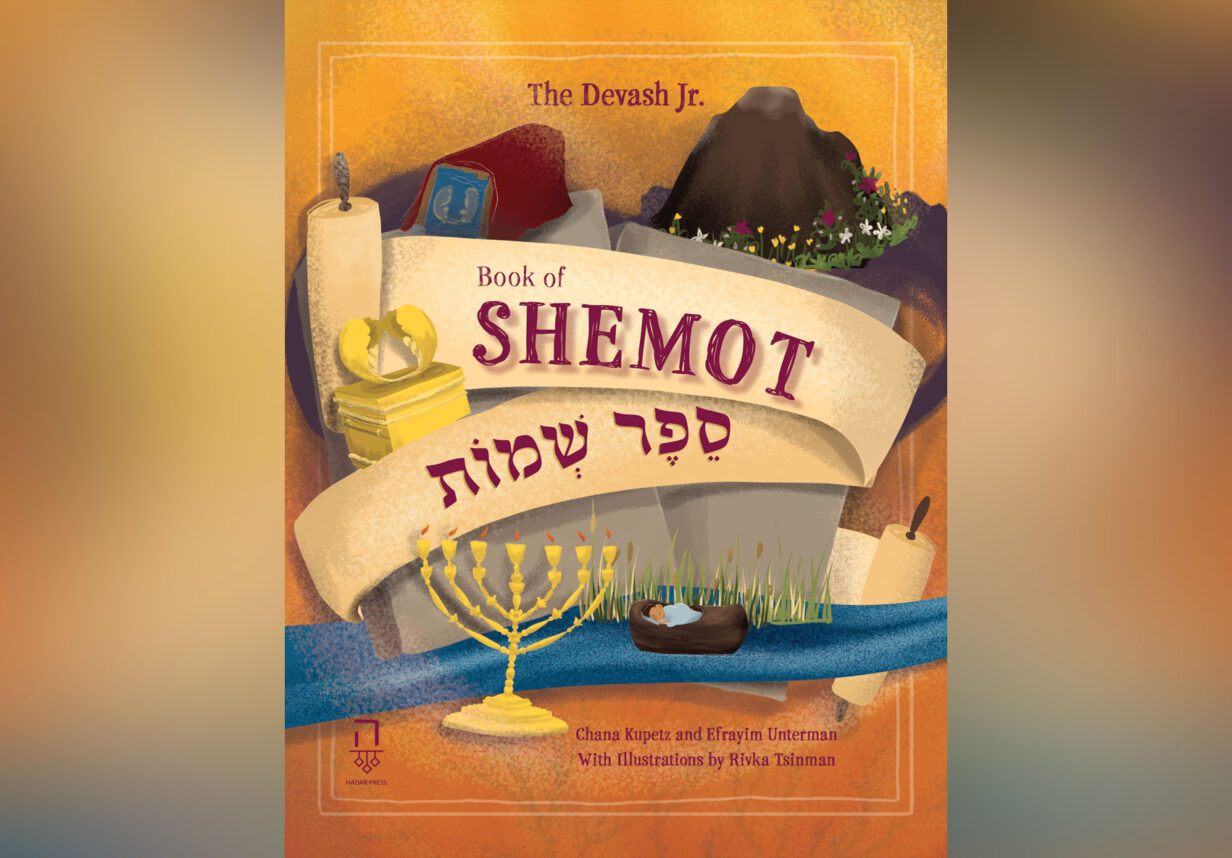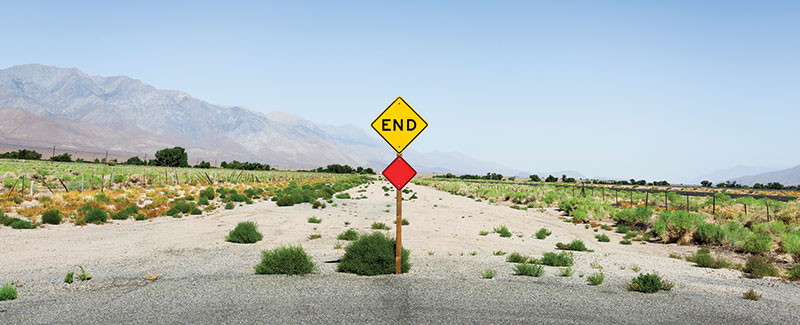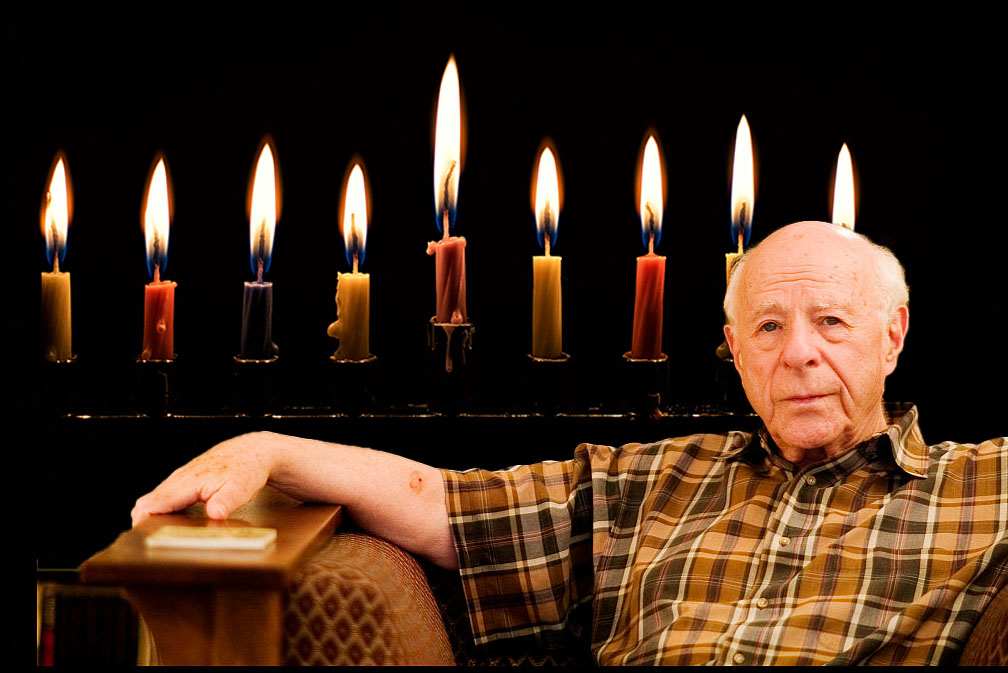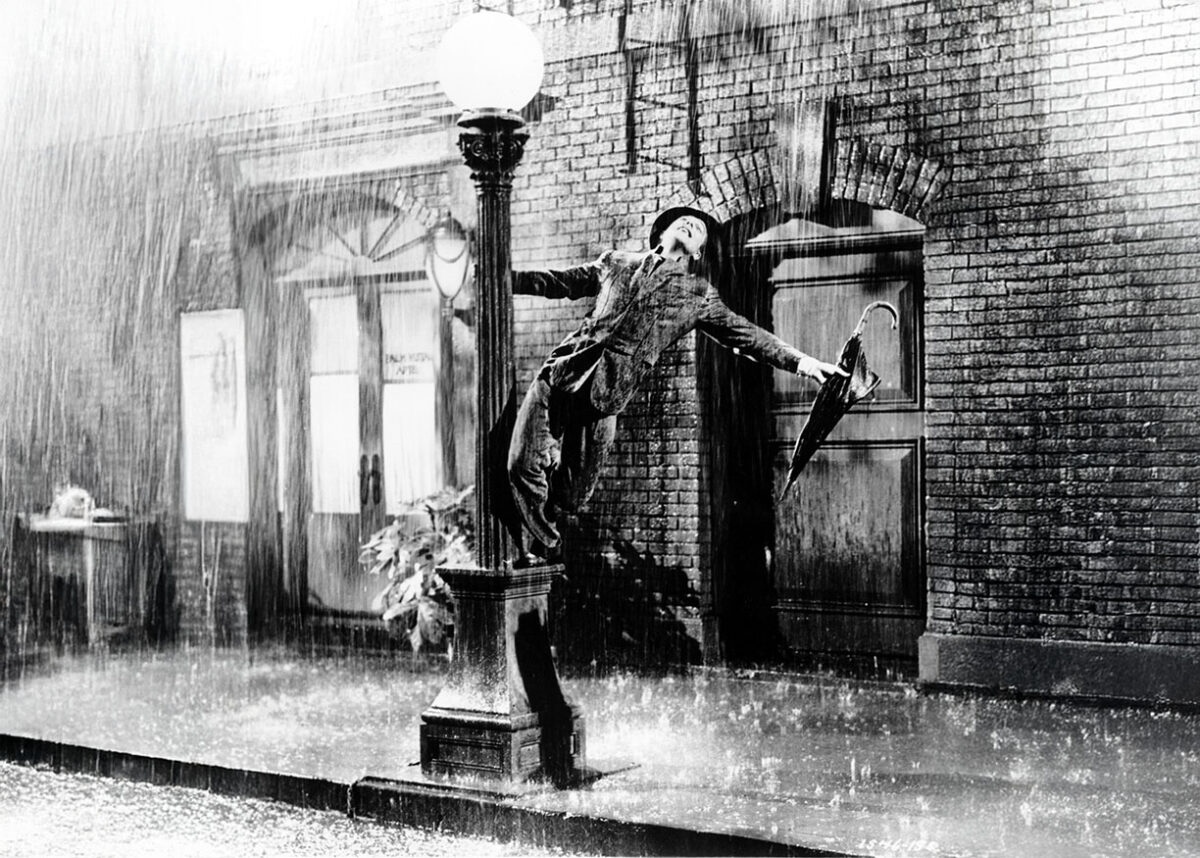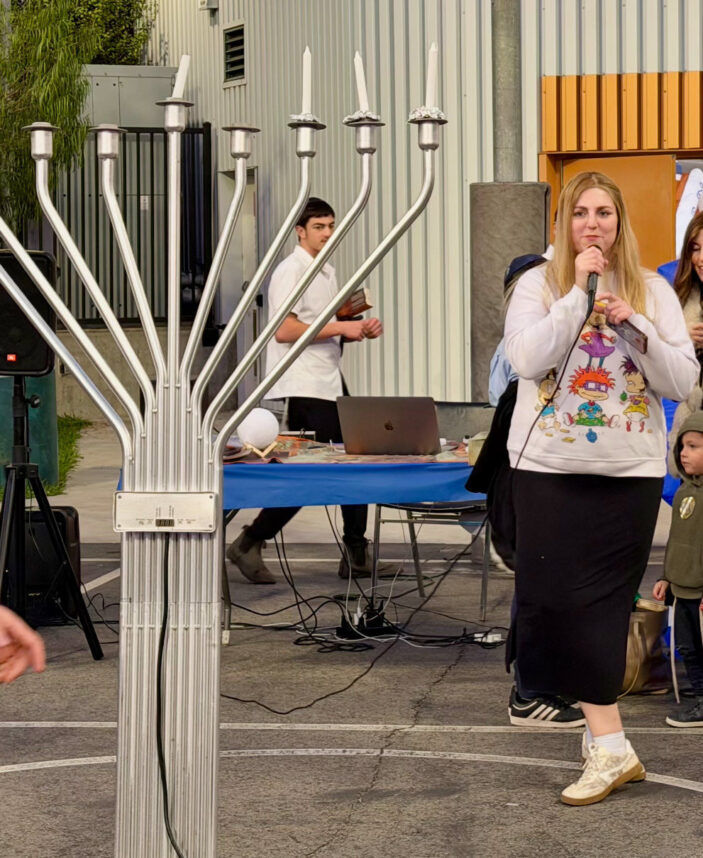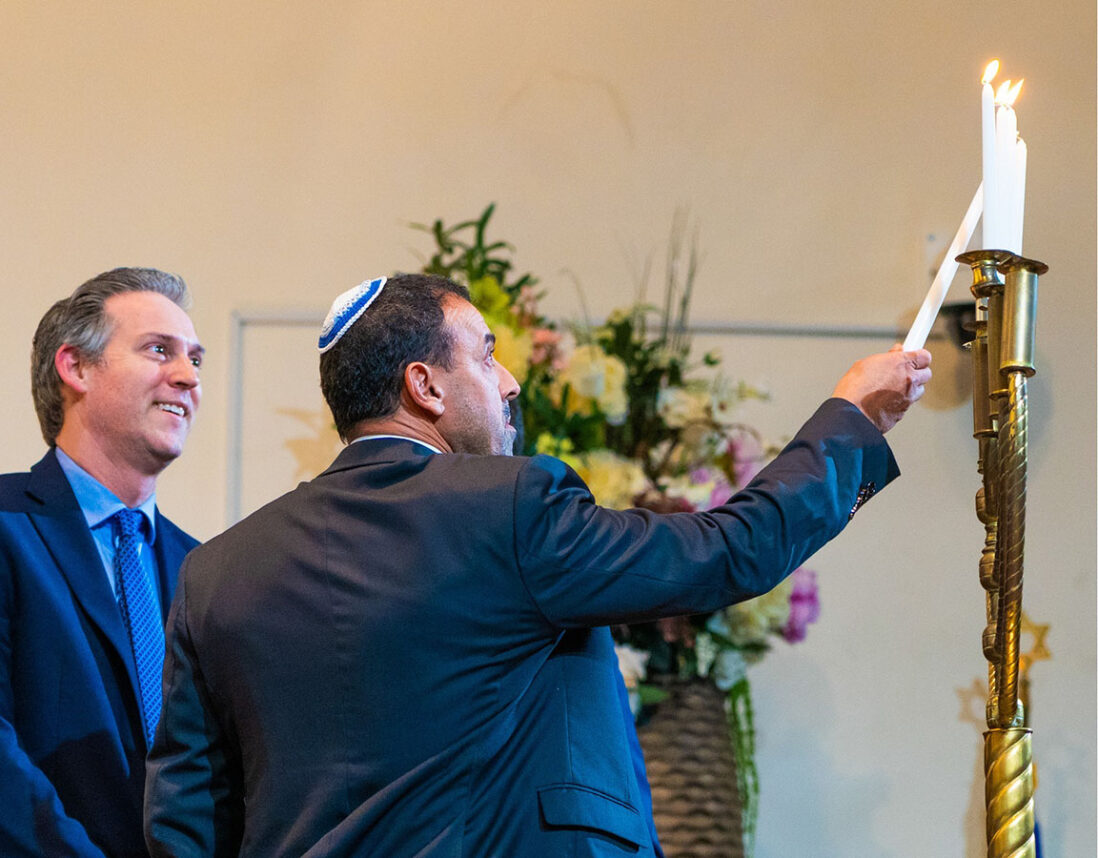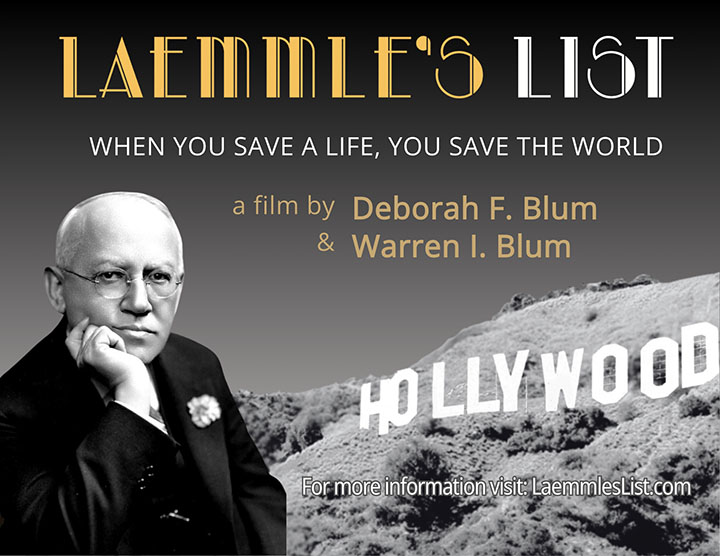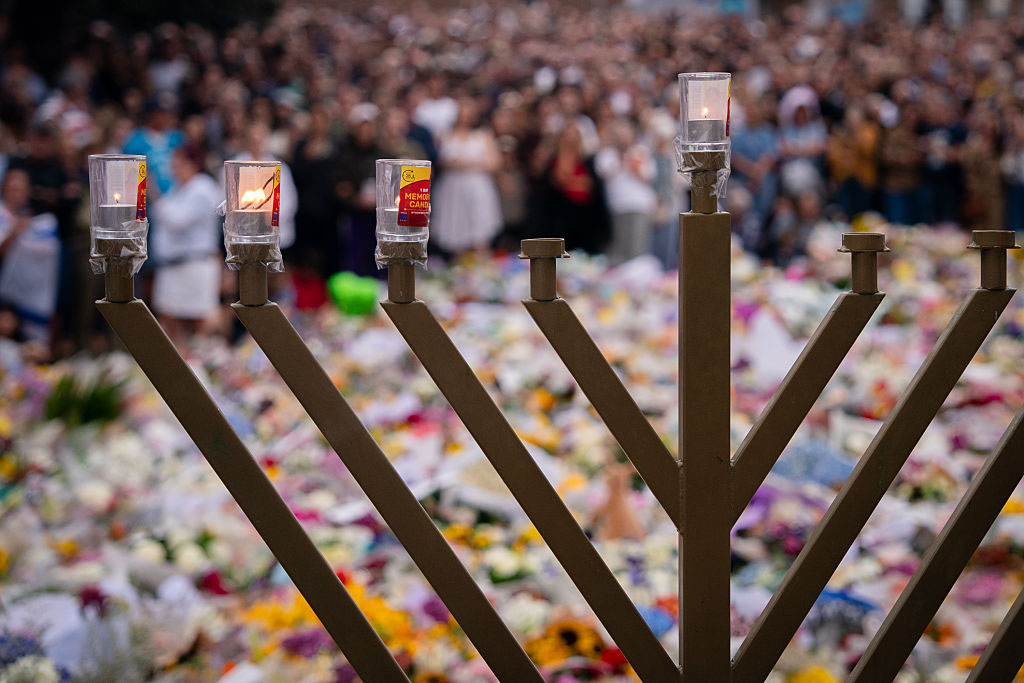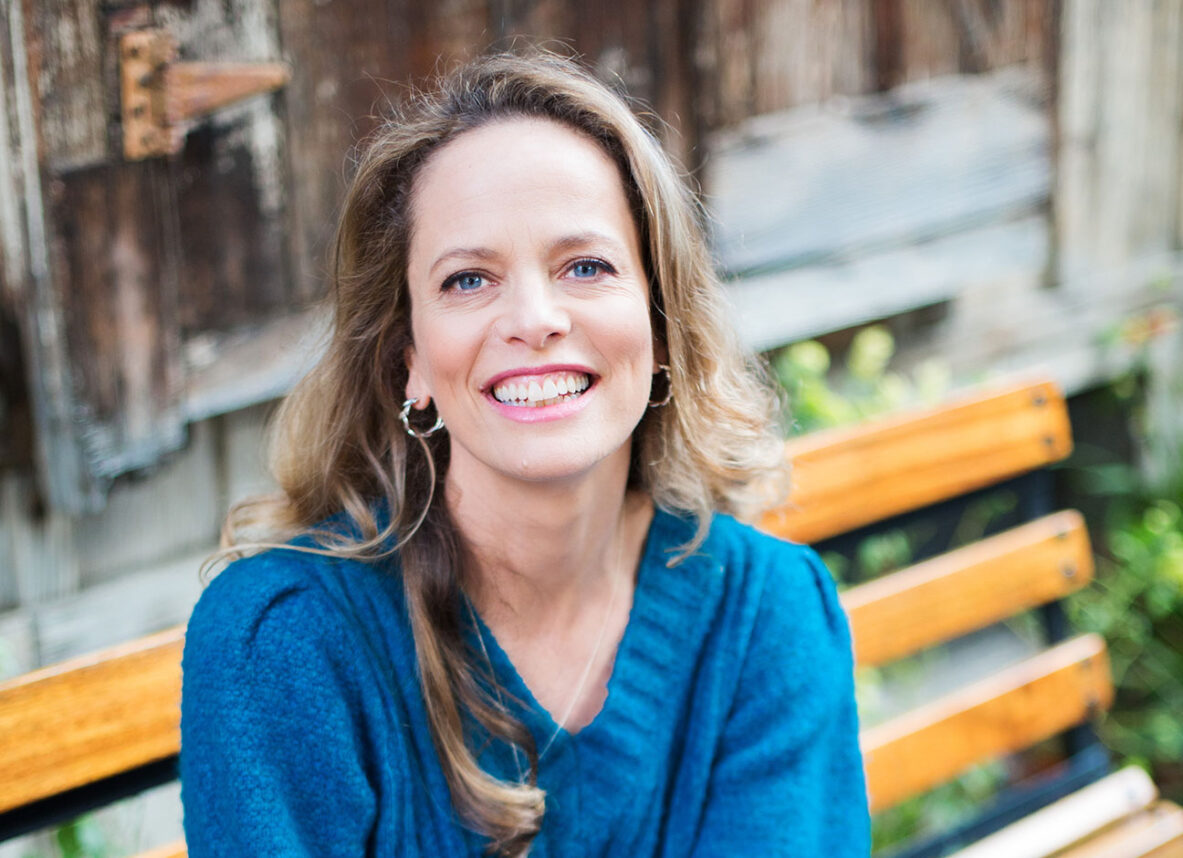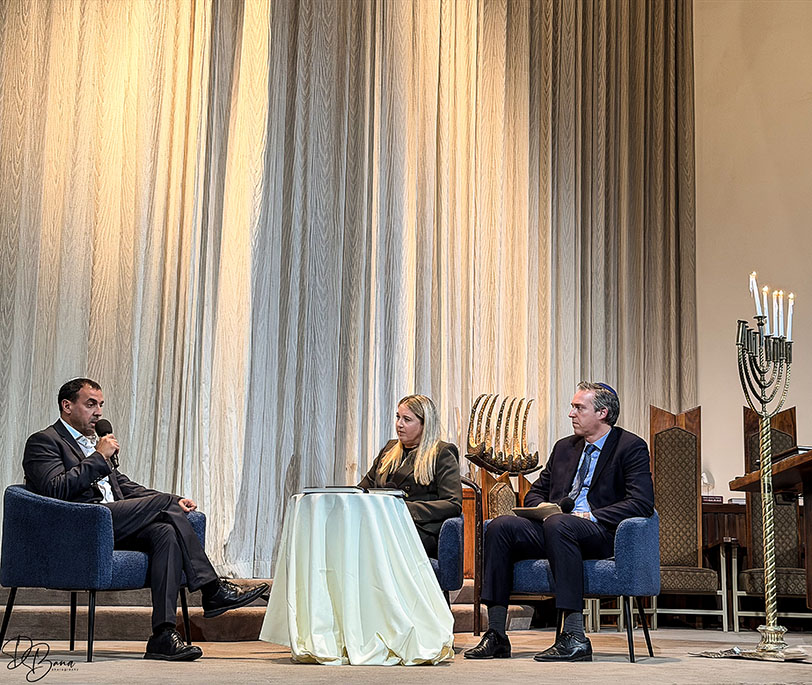
When we have problems we’re advised
never to catastrophize,
and should therefore not be surprised
to hear the Arabs’ dreadful lies
when they call Israel’s independence
“catastrophe.” Themselves they curse
this way since they pronounce a sentence
that God is certain to reverse,
if He exists, and if by chance
He doesn’t, Jews will be compelled
without a partner in the dance
to dance without Him, self-propelled,
as a majority now do,
completely in denial of the view
that God has helped the people who
cling to false facts their foes eschew.
I call these foes the Naqabees,
who saying naqba can’t undo
the way that Jews called Maccabees
defeated Greeks — Jew haters who
denial post as a naqba,
Arabically devoted to “defeat,”
foes by the words Allahu aqbar
deceived, fake “Promised land” receipt.
In “Post-it notes: Do prefixes trap us in the past?” TLS, 7/25/25, Ben Hutchinson’s review of POST-: Nachruf auf eine Vorsilbe, by Dieter Thomä, suggested to me that the basic fallacy of naqba ideology is that it bases post-Israeli reality on fixing this label onto the past like a post-it note, attempting to inflict a post-naqba defeat on Israel rather than attempting to fix the present and future.
Ben Hutchinson argues, only semi-facetiously, that we need a new discipline, “prefix studies” – as part of which “post”, coming after all the others, would be first among prequels:
Thomä’s ambition, in the end, is not so much diagnostic as curative. He wants to knock “postisms” from their pedestal, to provide fixes rather than prefixes. Declaring that one period comes after another one, as he sees it, is a kind of self-fulfilling prophecy, since it is the very declaration – and subsequent discourse – that makes us feel this way. If we want epochal agency, he suggests, if we want to feel in control of our present age, we would do better to shake off the “backspin” of the past. Whether removing a prefix from our vocabulary will really make that much difference remains open to question: it is doubtful whether soft-pedalling the “postcolonial” history of the Israel–Palestine conflict will change much on the ground.
Gershon Hepner is a poet who has written over 25,000 poems on subjects ranging from music to literature, politics to Torah. He grew up in England and moved to Los Angeles in 1976. Using his varied interests and experiences, he has authored dozens of papers in medical and academic journals, and authored “Legal Friction: Law, Narrative, and Identity Politics in Biblical Israel.” He can be reached at gershonhepner@gmail.com.









